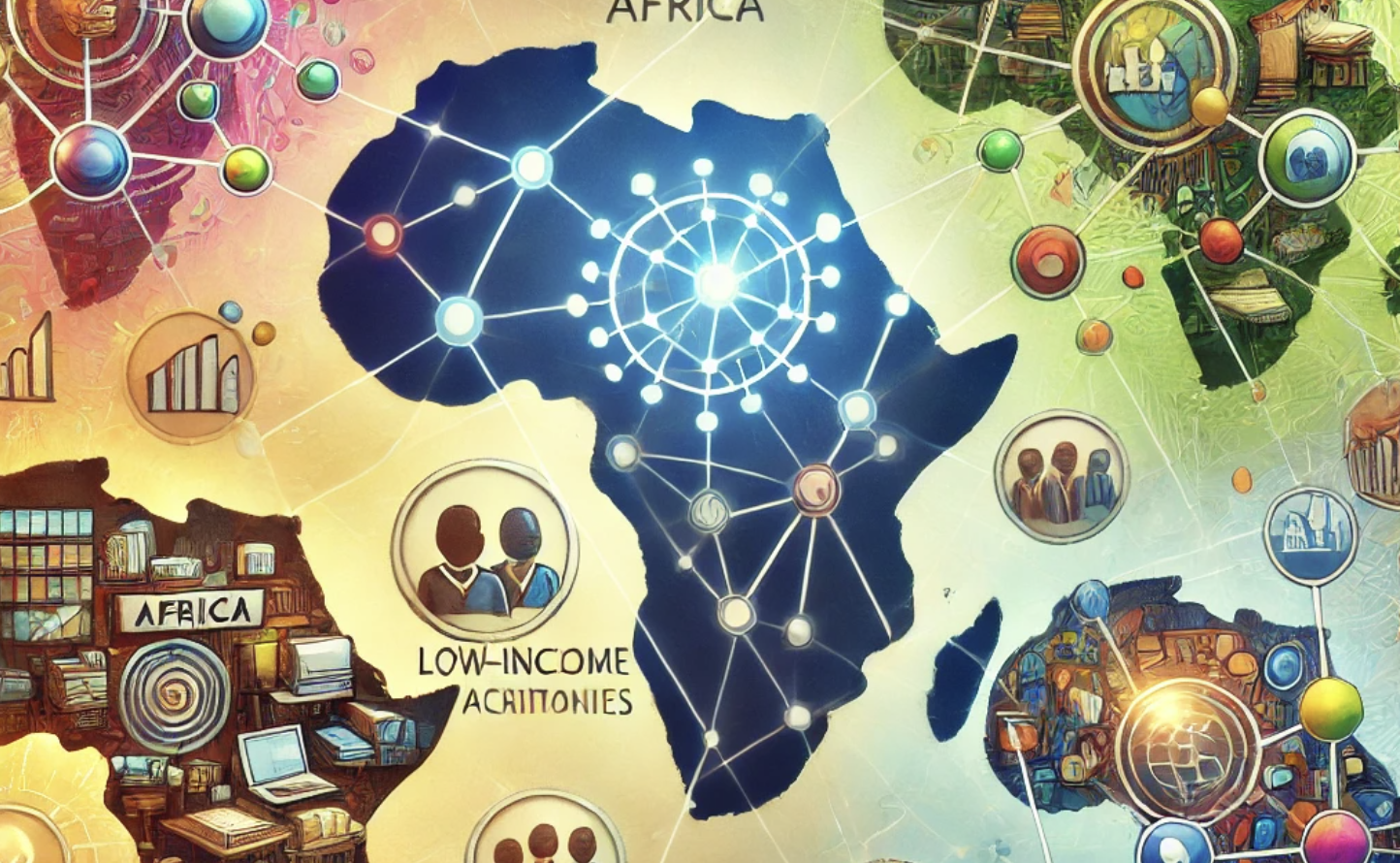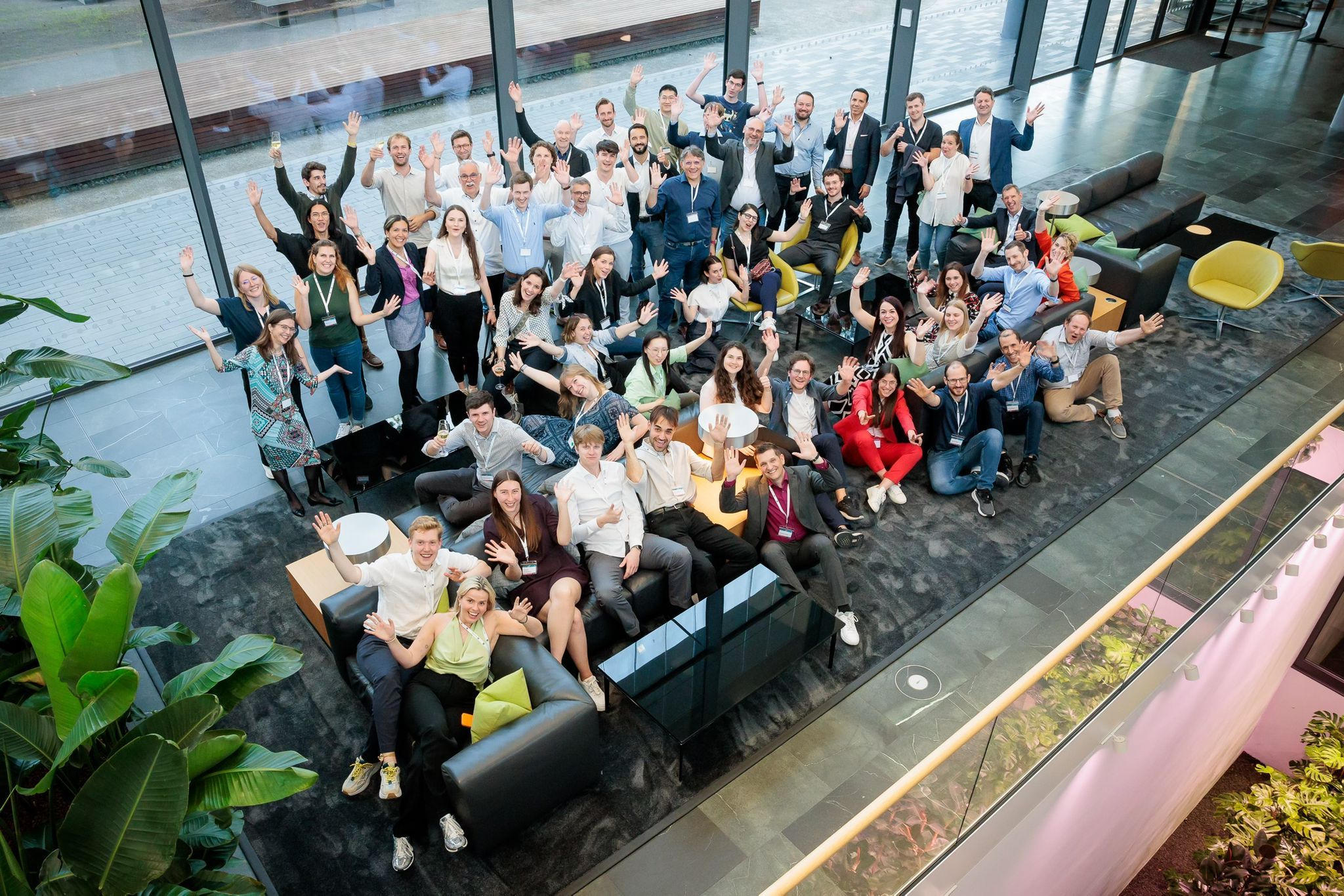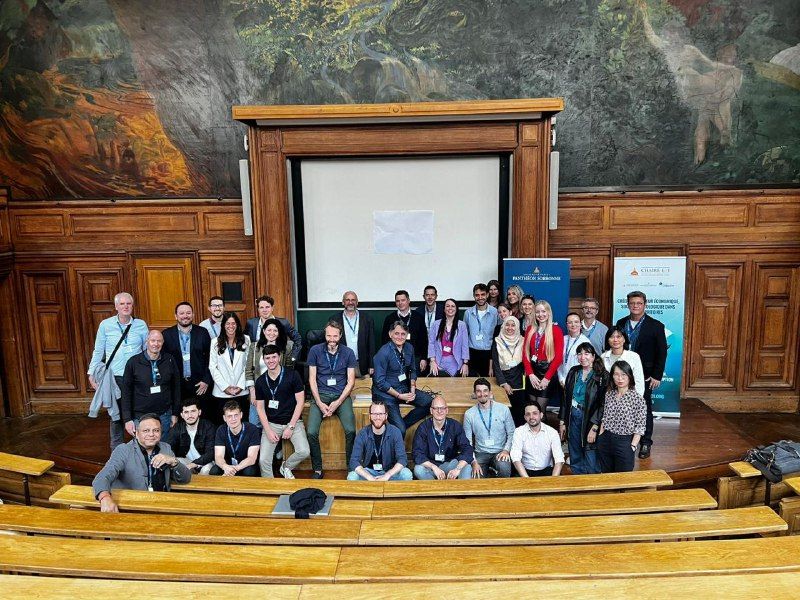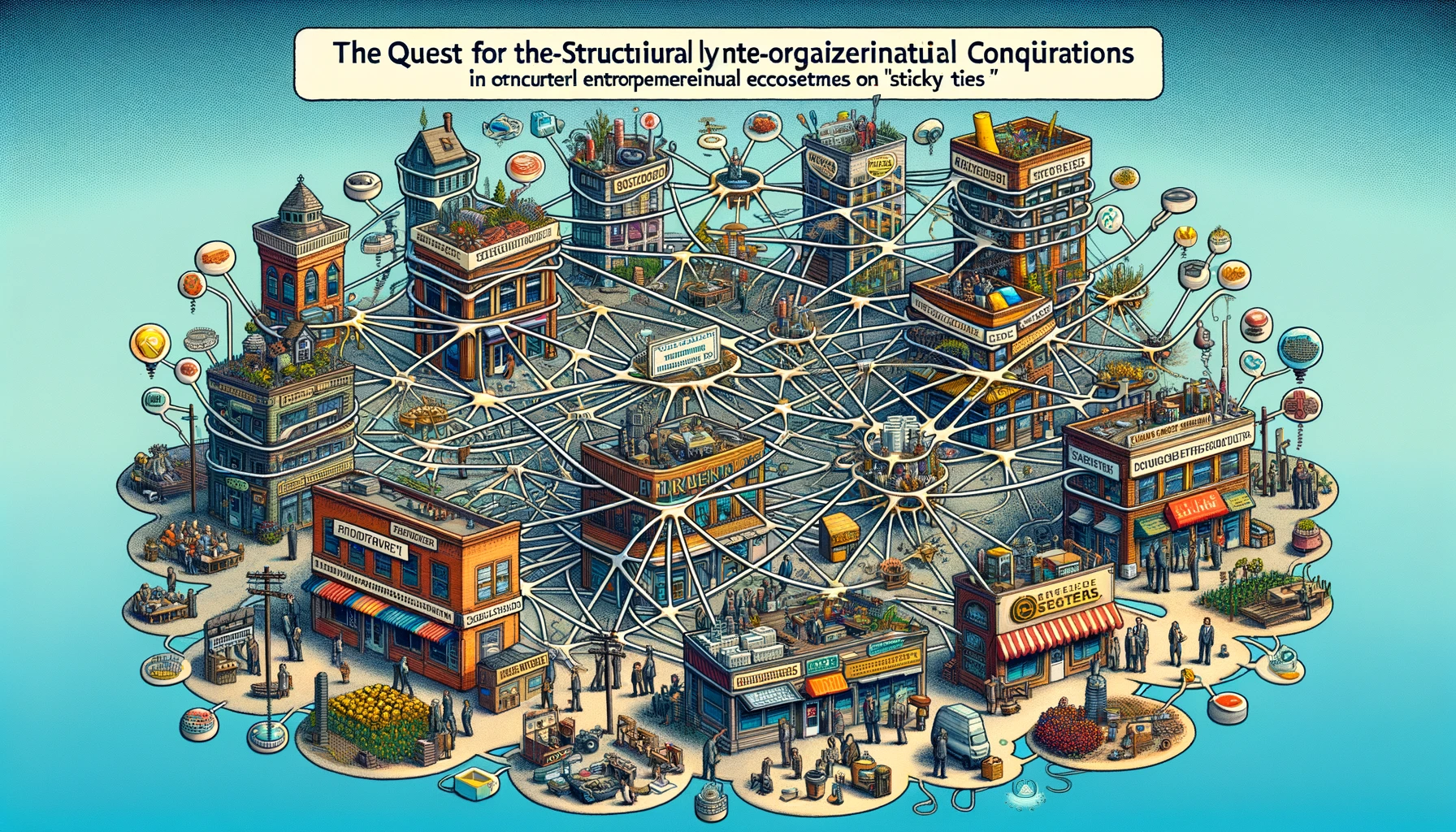by admin
Share
by admin
Share

What makes one type of entrepreneurial ecosystem (EE) more conducive to entrepreneurial dynamics than another? EE research is a hot topic, and considerable progress has been made as regards its elements, network, and actors’ components. However, some scholars regret the absence of an empirical analysis of EE as a whole to understand how EE configuration operates. To introduce this perspective, we propose an unexplored inter-organizational ties analysis among all EE actors, at a country-level scale. Based on the network theory perspective, we conduct an exploratory research in five low-income African countries, using innovative research methods (the quantitative graph theory, web scraping, the fuzzy-set qualitative comparative analysis) to understand the organizational patterns in these EEs, and their impact on entrepreneurial outcomes. At the core of this perspective lie inter-organizational ties measures of closeness, cohesiveness, and inter-connectedness, which are key causal conditions for high entrepreneurial dynamics levels and rates in low-income countries. This research underlines the importance of EE network attributes to facilitate the easy distribution of entrepreneurial nurturing components to entrepreneurs. It also highlights the importance of ease of information and knowledge flow, as well as a strong collaborative and coopetitive environment to make an EE more conducive to entrepreneurial dynamics.
Grégory Guéneau, Didier Chabaud, and Marie-Christine Chalus-Sauvannet
https://link.springer.com/article/10.1007/s11365-021-00775-1
What distinguishes an entrepreneurial ecosystem (EE) that supports entrepreneurial dynamics from one that does not? Despite being a hot issue, several scholars address the paucity of empirical studies that attempt to explain the overall functioning of EEs. To provide this perspective, we present a novel study of the theoretical and methodological facets of the interorganizational
Nam lacinia arcu tortor, nec luctus nibh dignissim eu nulla sit amet maximus.
This Summer School aims to provide the opportunity for early career researchers and PhD students to discuss, network and collaborate with fellow scholars on entrepreneurial ecosystems. The Summer School takes place after the Winter School organized by Utrecht and the Innodays conference organized in 2022 by Adalia (Morocco), which have involved more than 100 scholars
Entrepreneurial ecosystem (EE) research requires a better understanding of its various configurations and processes at its whole scale to open its black box and create new theoretical opportunities. We designed exploratory research to longitudinally observe network behaviors between EE ‘species’ in four territories (3 in Africa, 1 in France) from 2017 to 2021 by observing





